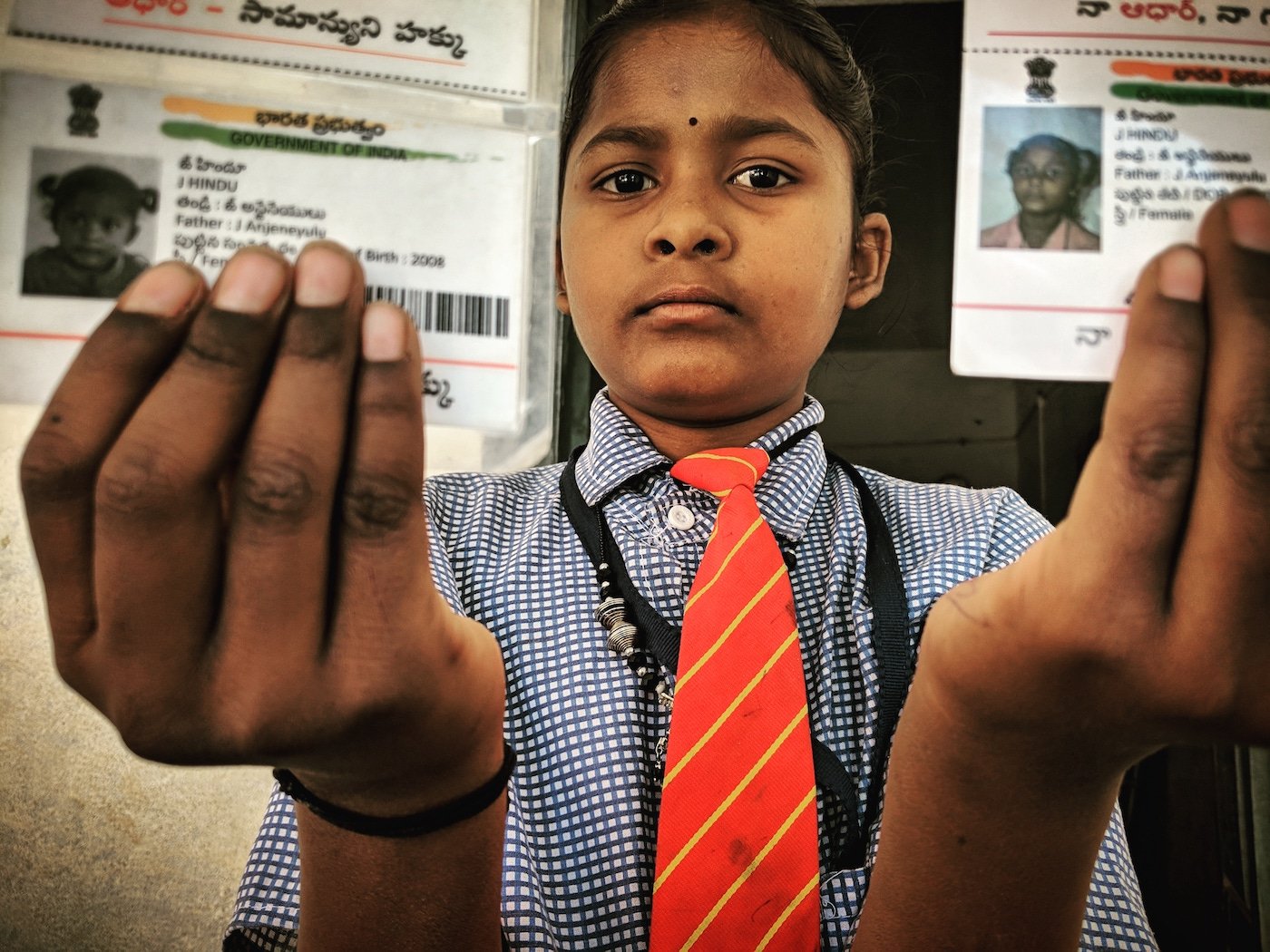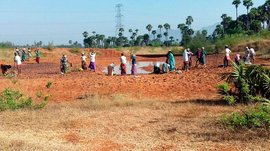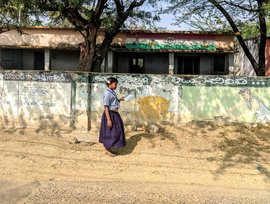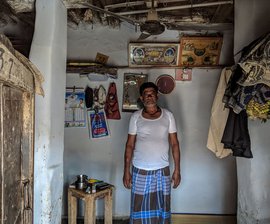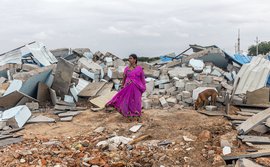“My name is Indu, but my first Aadhaar card made it ‘Hindu’. So I applied for a new card [seeking a correction], but they made it ‘Hindu’ again.”
So J. Indu, a 10-year-old Dalit girl, and four other students in the fifth standard of the government primary school at Amadagur, won’t get their scholarships this year. Simply because their names are wrongly spelt on their Aadhaar cards. Three of the other four students are, like Indu, Dalits. One is a Muslim. Amadagur is one of the poorest mandals in Anantapur district of Andhra Pradesh.
When the trouble began, Jagarasupalli Indu's school and family had sought a new card for her. Her date of birth and a new photograph were registered again and an updated Aadhaar card was indeed issued. But her name, on this card too, remained ‘Hindu’. This prevents Indu’s school from opening a bank account on her behalf – an Aadhaar card with her correct and matching name is mandatory for that purpose. The four other students, all boys, face the same predicament.
Students of scheduled caste, scheduled tribe and backward class backgrounds in Andhra Pradesh are entitled to a government scholarship of Rs. 1,200 per year from the fifth standard onwards. Of the 23 students in this standard in the Amadagur school, only one belongs to an upper caste. The scholarship money for Indu and 21 other students would normally be deposited in their bank accounts sometime this coming February. Only, these five children have no accounts.
The parents of the children at this school are mostly marginal farmers or agricultural labourers, who occasionally migrate to Bengaluru for work. According to school headmaster S. Roshiah, parents use the scholarship money to buy their children those “things the government doesn't provide, like pens, extra books and sometimes even clothes." This is no happy new year for Indu and her four classmates.
